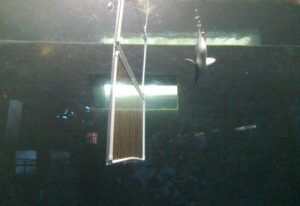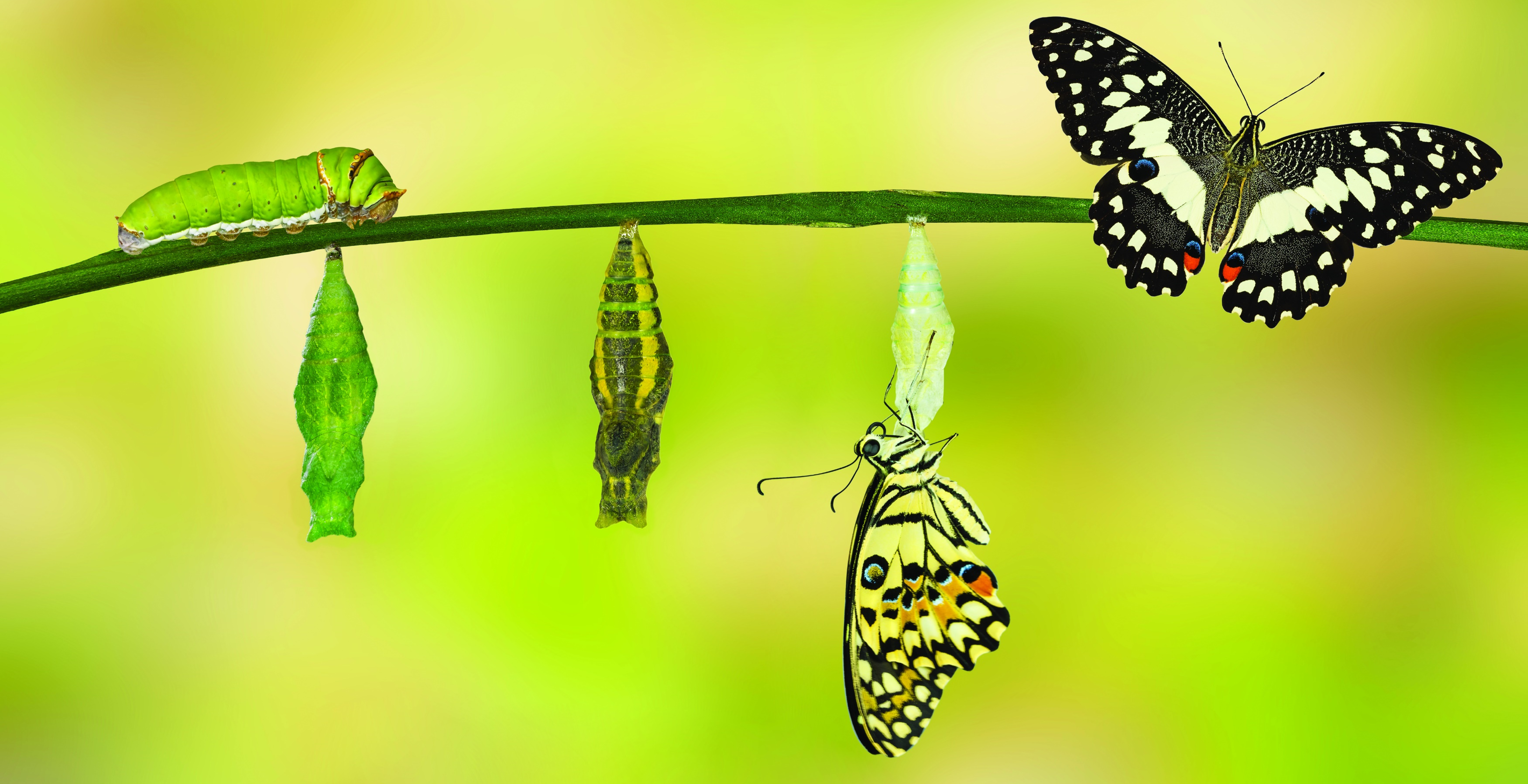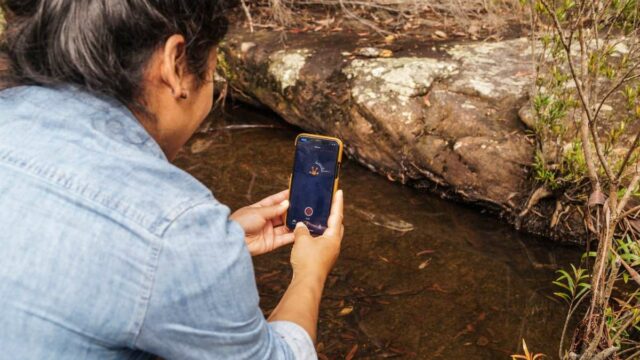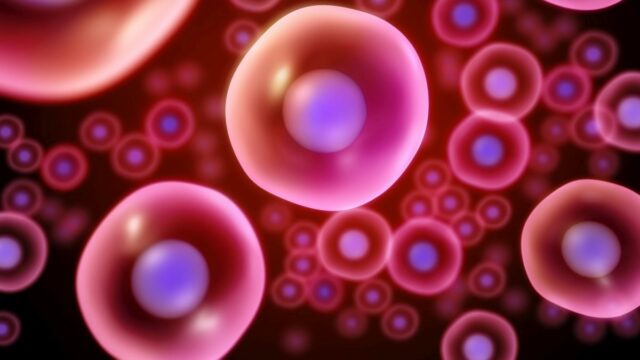Melbourne Zoo’s little penguins have been participating in scientific research that could save thousands of penguins lives.
This resource is best suited to Biology students in Years 6, 7 and 9 learning about ecosystems and how technology impacts both negatively and positively on the environment.
Word count: 349
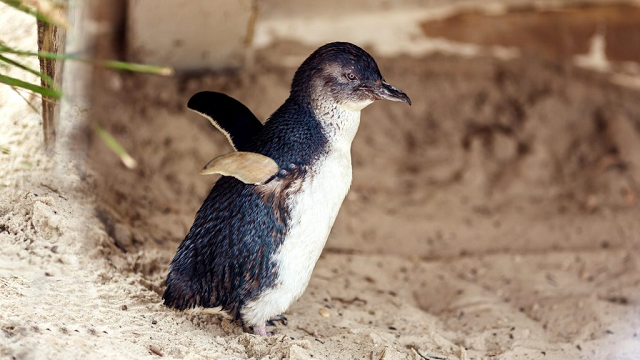
Institute for Marine and Antarctic Studies (IMAS) scientists, in collaboration with Zoos Victoria, tested different coloured nets in the zoo’s penguin pool to see if the birds were better at seeing and avoiding particular colours.
The study, published in the science journal Aquatic Conservation, showed collision rates were significantly lower when orange netting was used.
Lead author Roshan Hanamseth, who led the IMAS and Zoos Victoria research team as part of his Honours studies, said sea trials were needed to establish whether the results applied in different light conditions in the open ocean, but the study could be the first step towards saving thousands of birds each year.
“Little penguins are among several species significantly affected by gillnet fishing so it’s great that the penguins at Melbourne Zoo could potentially be helping to save their cousins in the wild,” Mr Hanamseth said.
“The experiments in the penguin pool were carefully designed to minimise the risk of injury and closely supervised to ensure the birds were safe.
“During the study we placed panels of different coloured gillnets across the penguin pool and collected data on the number of interactions penguins had with the different treatments.
“We found that collision rates were much lower with orange nets (five of 91 encounters, or 5.5 per cent) than clear (33 of 92, 35.9 per cent) or green netting (16 of 52, 30.8 per cent).
This is the first study in the world to assess the effect of net colour on seabirds living in a zoo as a potential mitigation measure for gillnet fishing. Penguins are particularly susceptible to gillnets and drown within minutes if they become trapped. In Tasmania nets with up to 50 drowned little penguins have washed up on beaches.
“Our study confirms that penguins are more likely to detect orange gillnets from a few metres away than clear or green filaments.” Says Mr Hanamseth.
“While further research is needed to assess the impact of different coloured nets on target fish species, studies such as this could pave the way for an efficient and cost-effective alternative for the industry to adopt.”
Login or Sign up for FREE to download a copy of the full teacher resource
